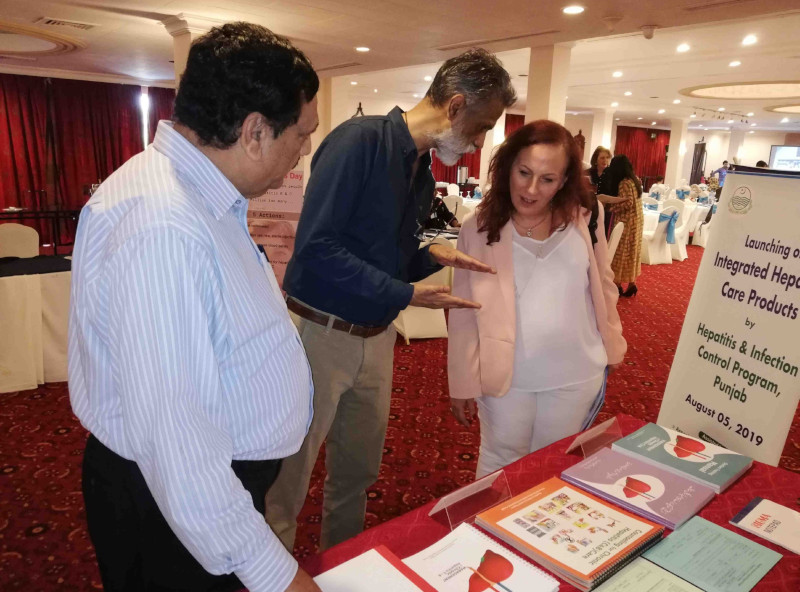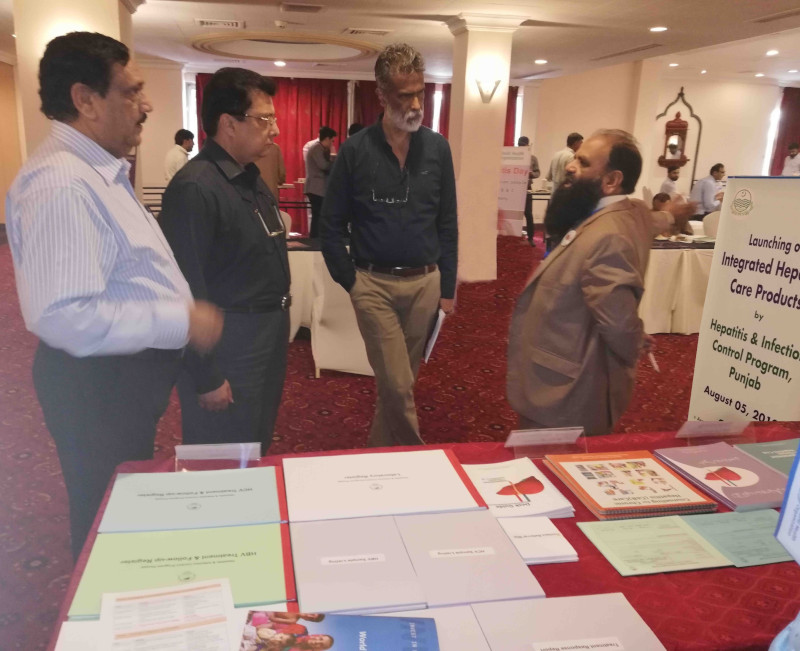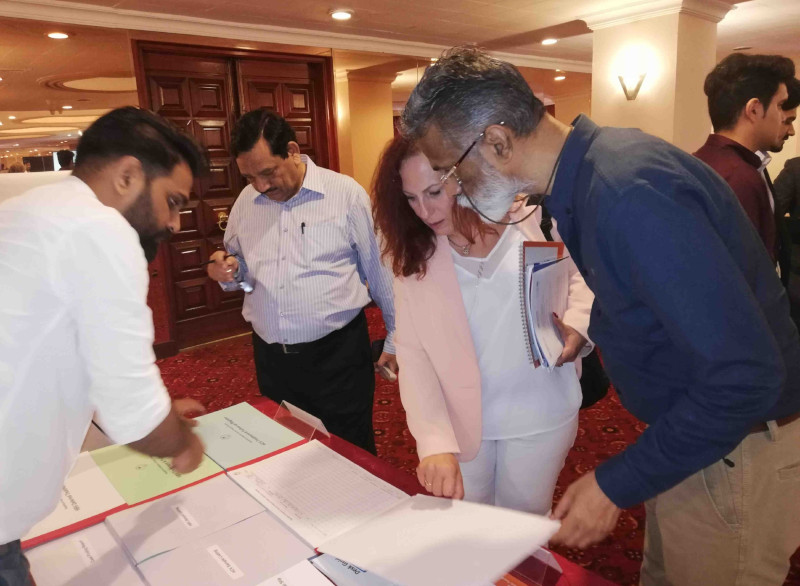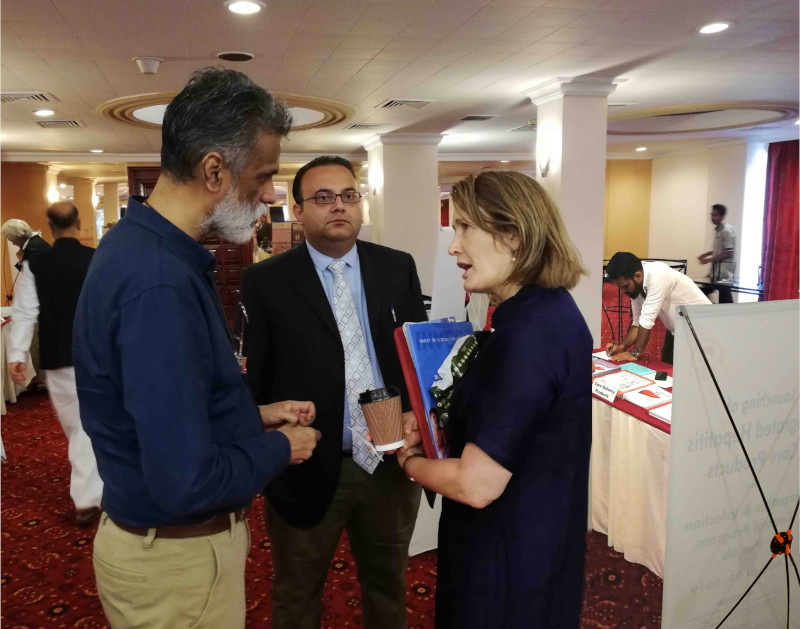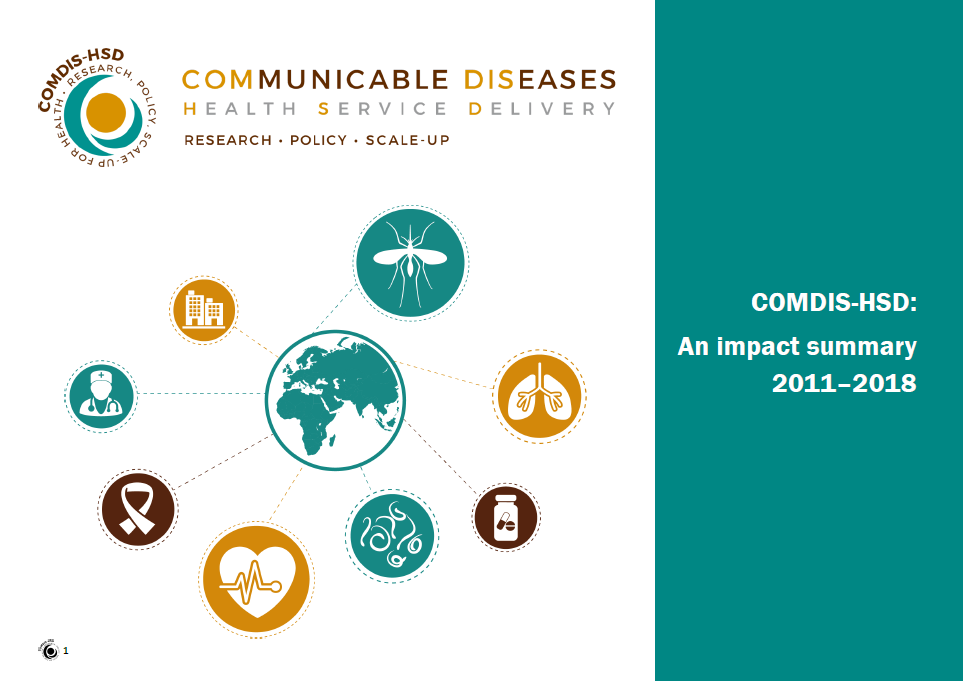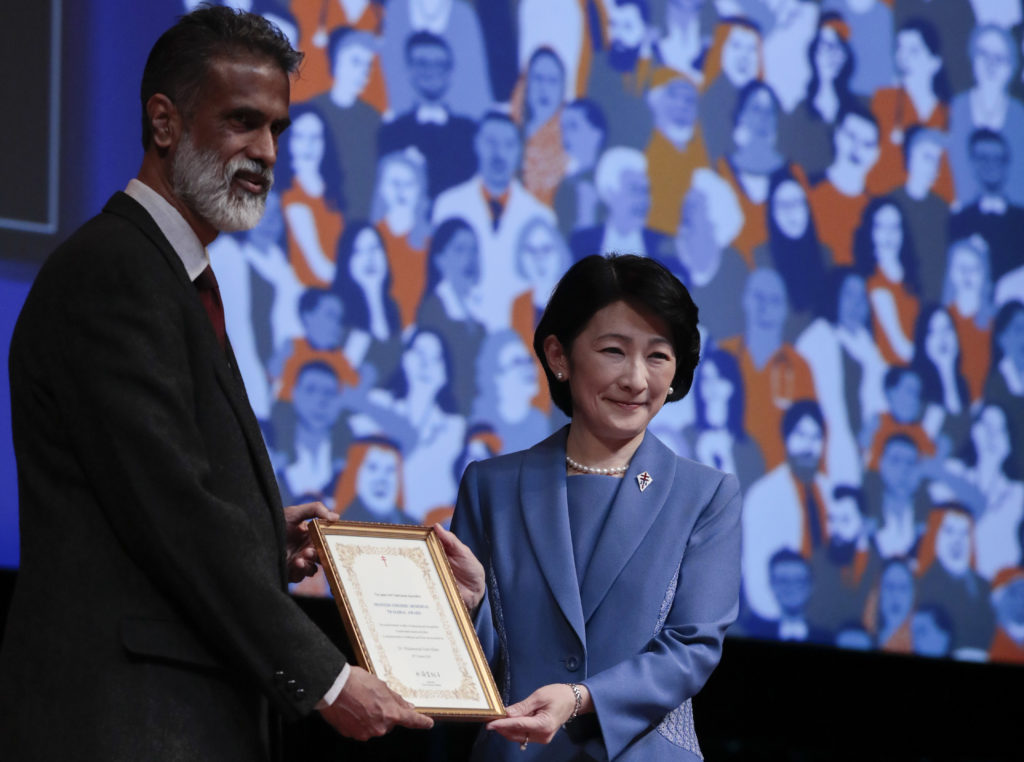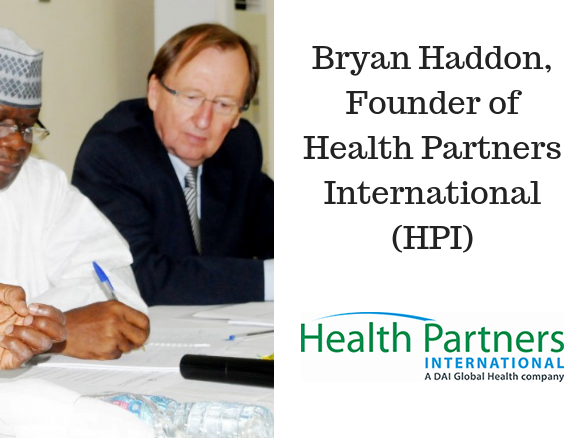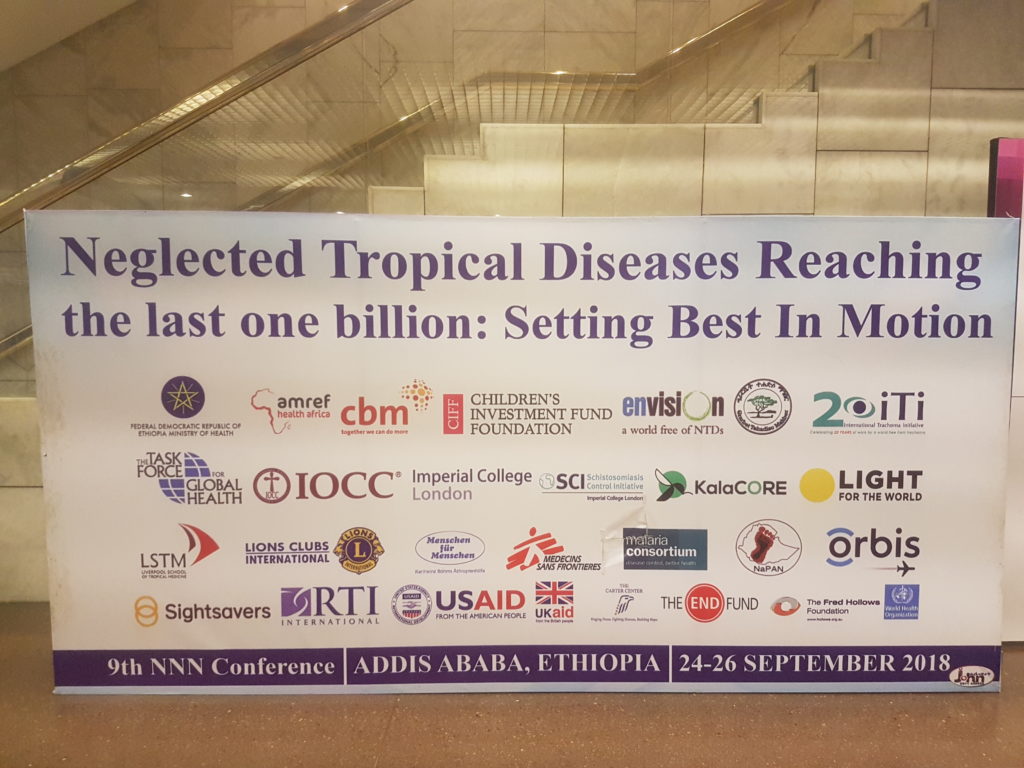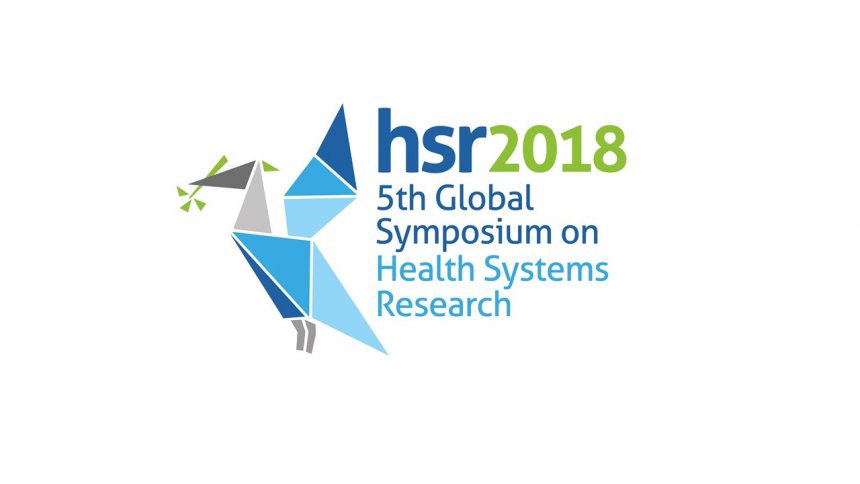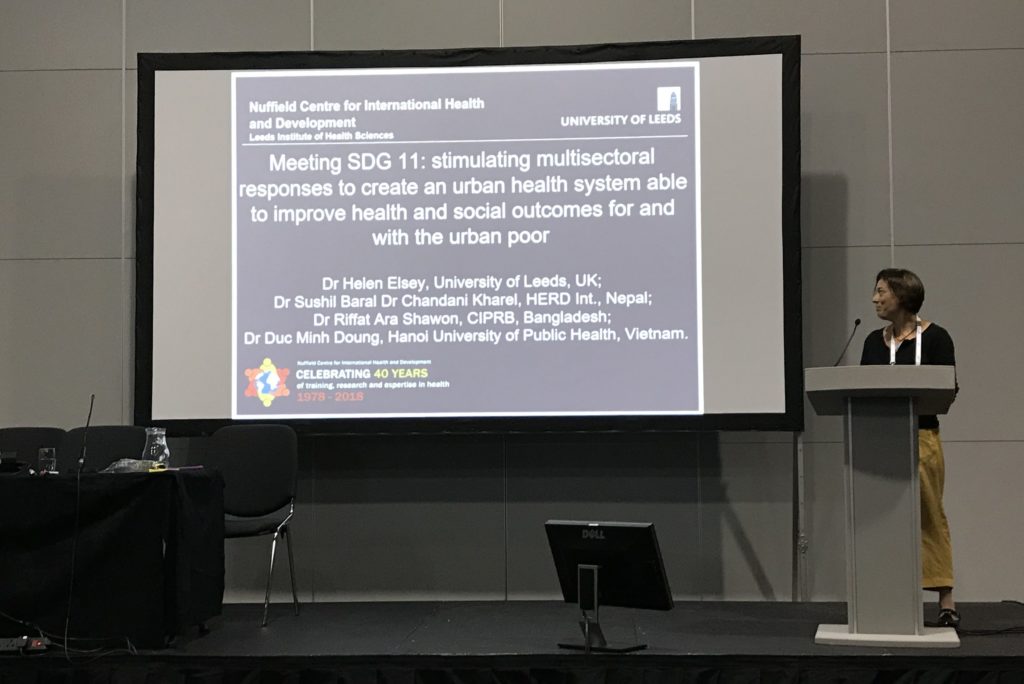
Helen Elsey facilitates a world cafe discussion to identify strategies for multi-sectoral action to reduce urban inequities
The ongoing need for inclusive health systems has been highlighted at the 5
th Global Symposium on Health Systems Research in Liverpool. Despite some improvements in diversity and inclusion in recent years, evidence shows many vulnerable populations continue to be left behind.
This year’s symposium marked the anniversary of two historic global health events: the Alma Ata declaration and the inception of the UK National Health Service. Though different, they both encapsulate the values underpinning an equal society, and a commitment towards universal health coverage.
Centring on the theme of “Health Systems for All in the SDG Era”, the symposium re-emphasised the importance of these historic commitments. Placing them in the modern context of the Sustainable Development Goals (SDGs), the difficulties surrounding truly equitable health systems were explored.
Multi-sectoral action was one of the sub-themes of this year’s symposium. Looking at real-world examples of multi-sectoral issues affecting urban health systems in Nepal, Bangladesh and Vietnam, Helen Elsey, Associate Professor in Public Health at the University of Leeds, facilitated a world café discussion that aimed to identify the various challenges and come up with solutions.
By 2050 it is believed 70% of the world’s population will live in urban areas. Sushil Baral, Managing Director of HERD International, emphasised the lack of multi-sectoral engagement in urban health in Nepal at the community level. He outlined research undertaken By HERD International to identify whether engagement of Health Facility Operations Management and Urban Health Centre staff helps in the identification of marginalised groups and addressing barriers to accessing health services. Through the discussion it was agreed that overcrowding is a real concern in urban health facilities, and that human-centred design methods are needed to engage the local urban poor and give a voice to the marginalised.
Leaving no one behind formed another key sub-theme of the symposium, where presentations highlighted the ongoing under-representation of vulnerable populations. A panel session co-organised by RinGs explored how to ensure meaningful participation of marginalised groups within social accountability mechanisms. Chandani Kharel, Research Fellow at HERD International, said the lack of a formal system in urban areas in Nepal to identify poor and marginalised communities undermines gender, intersectionality and accountability. She argued for the need for new forms of engagement and novel approaches in strengthening social accountability.
Around 700,000 people die each year due to antimicrobial resistance and this is forecast to increase to 10 million a year by 2050. Posing a serious threat to the achievement of the SDGs, the need for successful interventions to address inappropriate antibiotic use has never been greater. In a session exploring the multiple influences on prescriber and patient behaviour around antibiotics, Joe Hicks, Lecturer in Medical Statistics at the University of Leeds, presented findings from a COMDIS-HSD study involving an intervention aimed at reducing inappropriate prescribing of antibiotics to children in rural Chinese primary care facilities. Follow-up results 18 months after the intervention was introduced showed sustained reductions in antibiotic prescribing for upper respiratory tract infections.
Alongside the main programme, skills sessions preceding the symposium gave delegates practical knowledge that could be applied to their work. COMDIS-HSD Research Communications and Uptake Manager, Nilam Ashra-McGrath, delivered a hands-on session outlining 7 rules for using plain English. Participants were taught the benefits of keeping sentences short and active, why jargon should be avoided, and the common pitfall of turning nouns into verbs. This was then applied to the participants’ own work so that they came away with a rough draft of a lay summary.
The 5
th Symposium on Health Systems Research highlighted many challenges existing within health systems that need to be addressed. Investment is needed in health policy and systems research to build capacity in low- and middle-income countries and increase opportunities for embedded research. Further commitments need to be made to ensure marginalised populations are not left behind.


